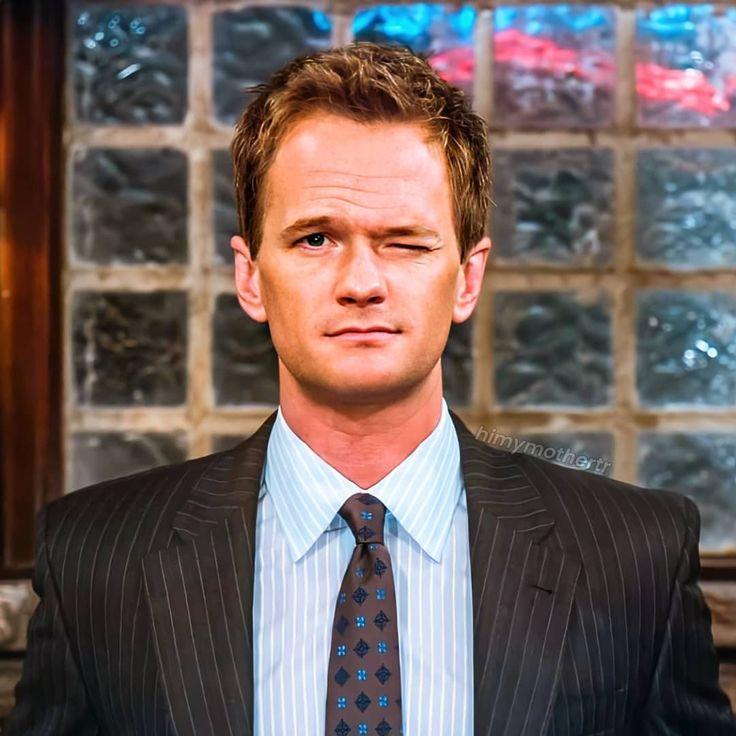Introduction
The beauty industry has always been associated with glamour, style, and the allure of celebrities. From iconic red carpet looks to social media influencers promoting the latest makeup trends, the influence of famous faces on consumer choices cannot be underestimated. However, recent statistics suggest that the beauty industry is undergoing a significant shift, with consumers seeking more than just celebrity endorsements. This article delves into the evolving landscape of the beauty industry, exploring the factors driving this change and the new avenues of influence that are emerging.
A Shifting Consumer Mindset
While celebrities have long played a crucial role in promoting beauty products, consumers today are becoming more discerning.
They are no longer solely swayed by famous faces, but are increasingly seeking authenticity, diversity, and relatability in their beauty choices.
According to a study by the American Association of Advertising Agencies, 92% of consumers trust recommendations from people they know, while only 18% trust celebrity endorsements. This shift in mindset is prompting beauty brands to explore alternative avenues of influence.
The Rise of Social Media
Social media platforms have revolutionized the way people consume beauty content and make purchasing decisions.
With the advent of Instagram, YouTube, TikTok, and other platforms, beauty enthusiasts have access to a vast array of influencers, bloggers, and everyday users who share their personal experiences and product recommendations.
In fact, a survey conducted by Statista revealed that 62% of beauty consumers rely on social media influencers for beauty product recommendations. This trend has given rise to a new breed of influencers who are relatable and accessible, offering a fresh perspective on beauty.
Embracing Diversity and Inclusivity
Another key factor driving change in the beauty industry is the growing demand for diversity and inclusivity.
Consumers are increasingly seeking products that cater to a wider range of skin tones, hair types, and body sizes.
This demand is not only reshaping product offerings but also influencing marketing strategies. Brands that embrace diversity and represent a broader spectrum of beauty are resonating with consumers on a deeper level.
According to a report by Nielsen, companies that prioritize diversity and inclusion in their advertising and marketing campaigns outperform those that don’t by 2.3 times.
Read Also- DECODING THE GENEROSITY: THE REAL REASON WHY MR BEAST GIVES OUT MONEY
The Power of User-generated Content
User-generated content (UGC) has become a powerful tool for beauty brands to engage with consumers. UGC includes reviews, testimonials, and content created by everyday users who share their experiences with beauty products.
Research shows that 86% of millennials and Gen Z consumers believe UGC is a good indicator of product quality. By encouraging customers to share their stories and images, beauty brands can tap into the authenticity and trust that UGC provides, ultimately influencing purchasing decisions.
The Importance of Sustainability
In recent years, sustainability has emerged as a significant concern for consumers across various industries, including beauty.
A study by Deloitte found that 57% of consumers consider sustainability when purchasing beauty and personal care products. This shift in consumer mindset has led to a rise in eco-friendly and ethical beauty brands.
Consumers are now looking beyond celebrity endorsements and seeking products that align with their values, such as cruelty-free, vegan, and environmentally friendly options.
Conclusion
While celebrity endorsements still hold sway in the beauty industry, the landscape is evolving rapidly. Consumers are now looking for more than just glamorous faces; they want authenticity, diversity, relatability, and sustainability in their beauty choices.
Social media platforms have provided a platform for everyday users and influencers to have a significant impact on consumer preferences. Brands that embrace these changing dynamics and prioritize user-generated content, diversity, and sustainability will be better positioned to thrive in this new era of the beauty industry. By understanding and adapting to these shifts, beauty brands can build


One thought on “The Beauty Industry: Beyond the Glamour of Celebrity Endorsements”